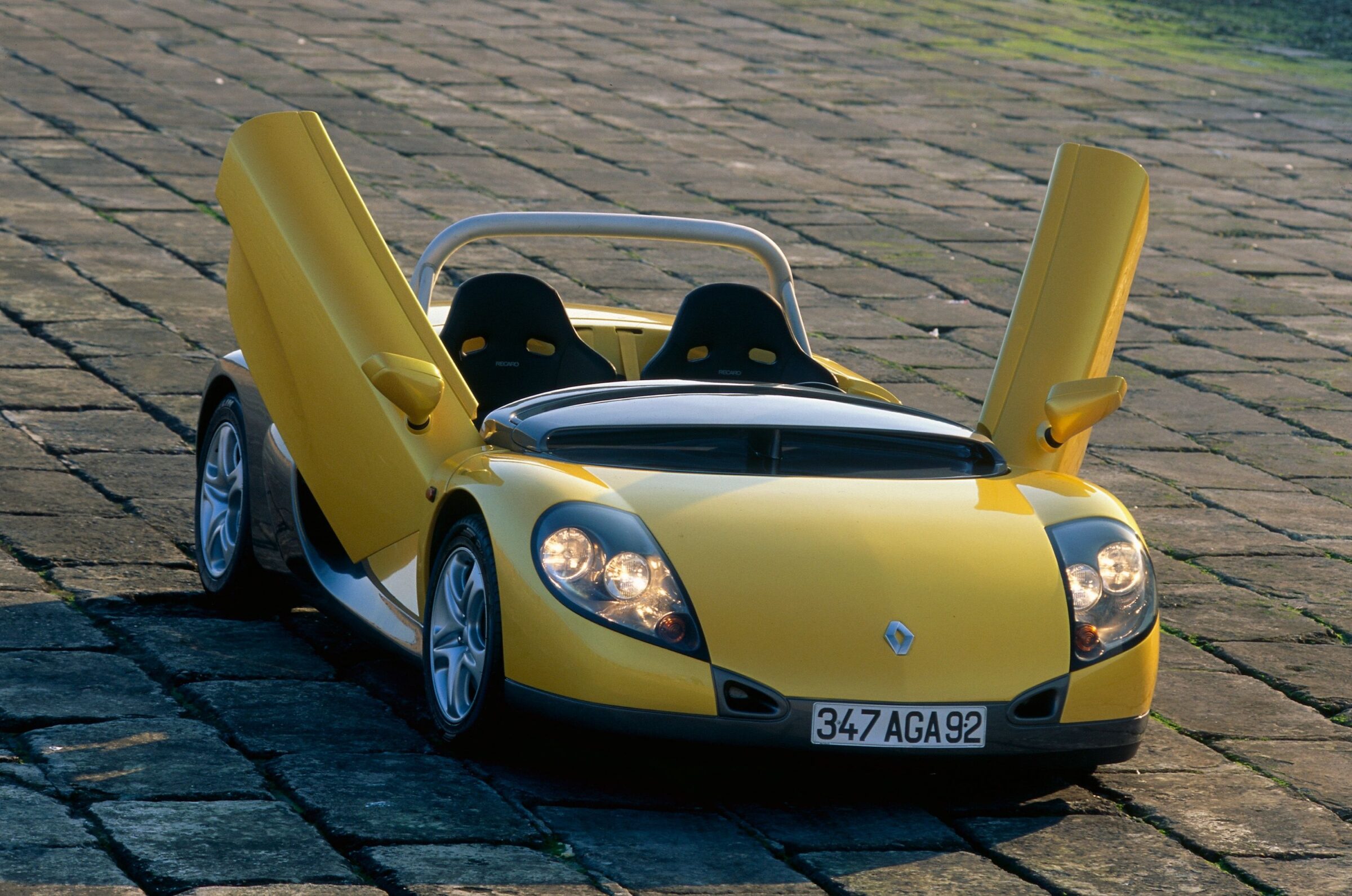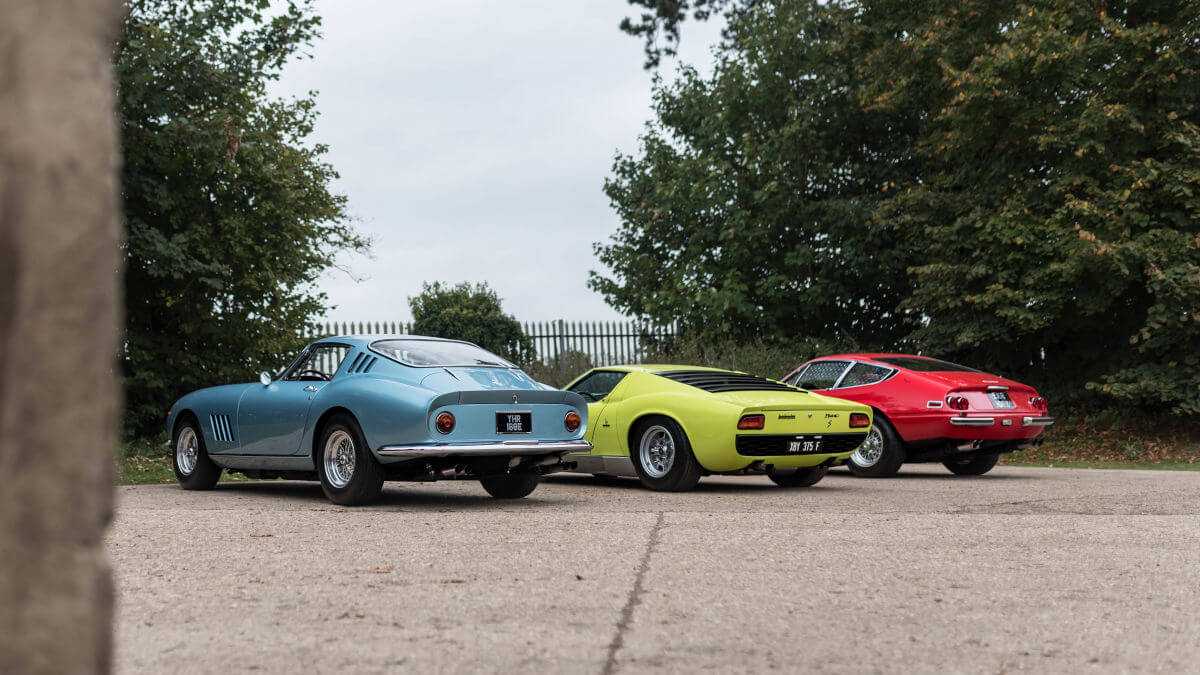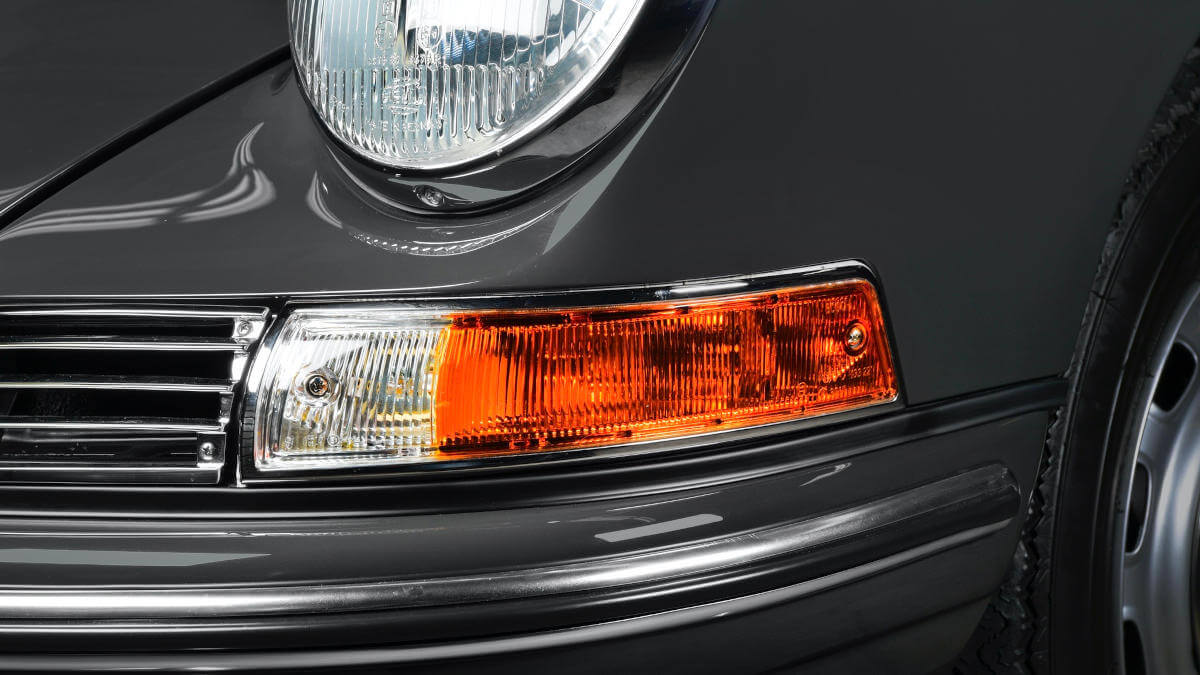Be aware when buying a classic car
You’re planning the purchase of a classic car? Good idea but please do it with care, sharp senses and/or the support of experts.
Classic cars, young classics and rare vehicles with collectors value record a steadily growing market interest. There are a lot of good reasons to buy such a car. If it is just an investment, a long-time (childhood) dream or love from first rev, get one if you can afford one. But please be aware, not every internet ad or shiny exhibition piece is really as good as it looks like and you wouldn’t be the first to experience bad feelings after a purchase. So what should you pay attention to? Here we give you a few guide lines, so your classic car purchase won’t bring you headaches afterwards.
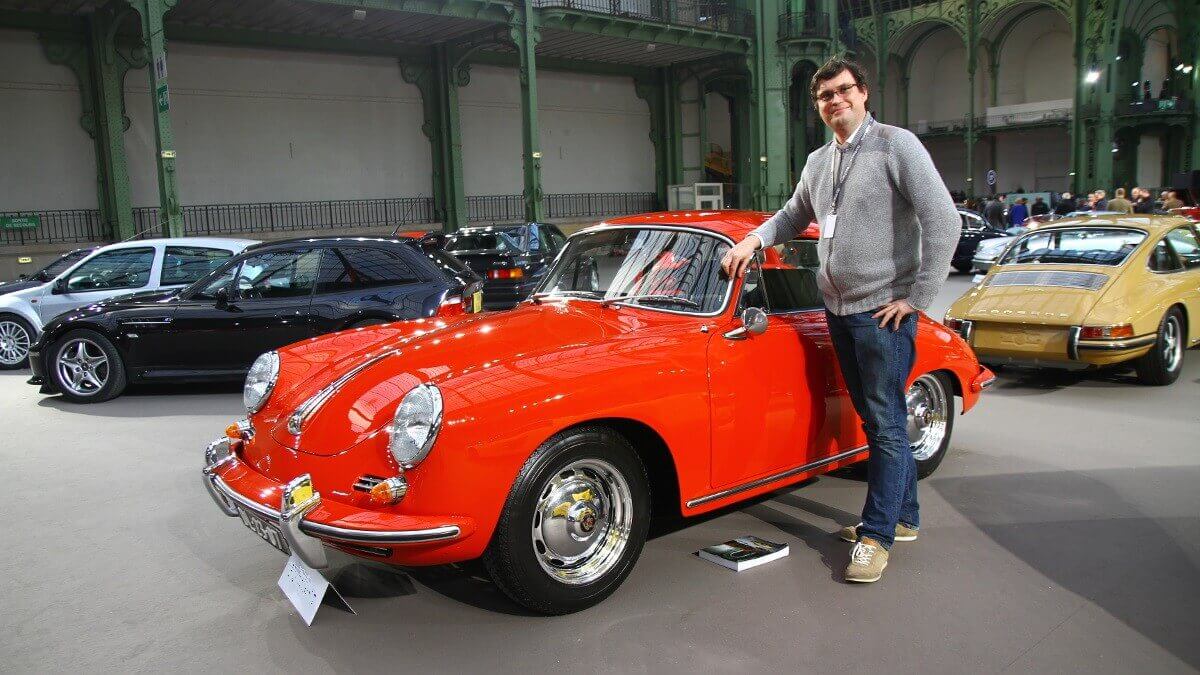

Joy instead of sorrow – did the car have an accident?
A typical point to look for are hidden defects at technical parts or concealed accident damages of the car. If you discover them after the purchase they can lead to high costs either for repairs or for changing the car back with the dealer. It even is possible that those costs are higher than the value of your car which would make it a total write-off. Therefore it is advisable to look at the inner areas of the engine bay and the trunk (so far as it is visible) and to check the bodywork with a coating thickness gage and the full car on hydraulic ramps. When the seller doesn’t want to conceal something, he shouldn’t oppose to this investigation. Also hidden rust parts should be detected before the purchase is done.
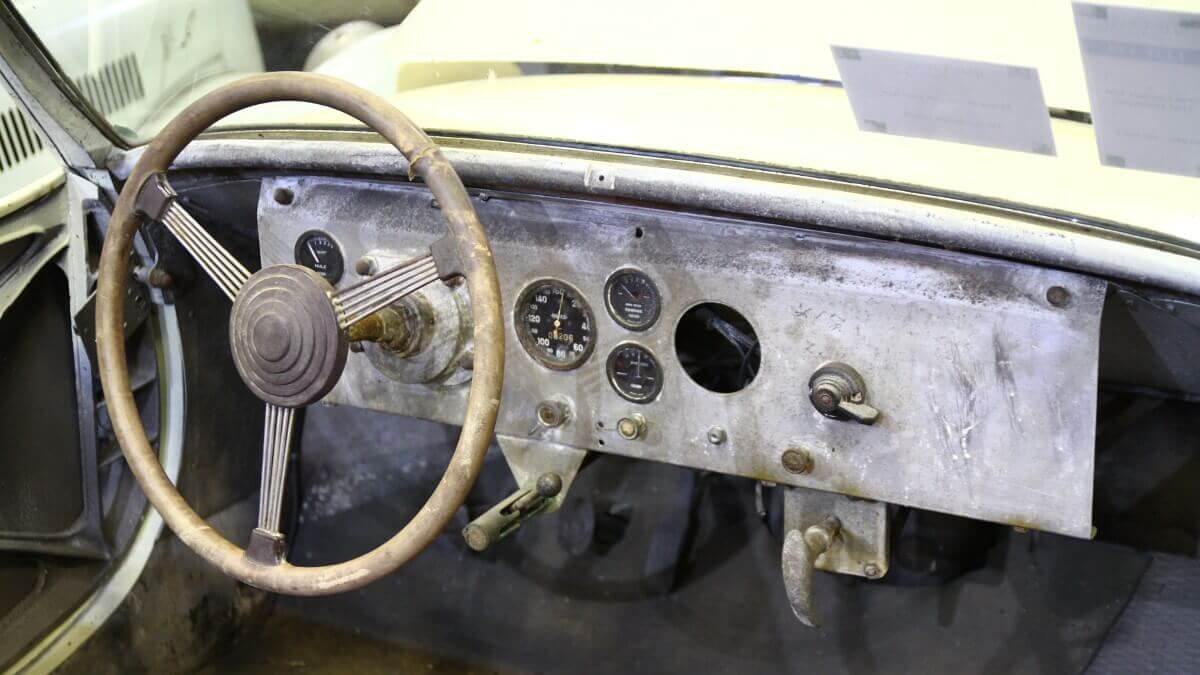

Hard to see – tacho manipulations
A lot harder to proof are manipulations of the tacho. Professionals are able to ‘delete’ several thousands of kilometers or miles within a short period – at least at first sight. Only the traces of usage in the rest of the car as well as sometimes pieces of the cars documentation might give you a hint that there is something wrong with the mileage. Sometimes even trained eyes of experts can be wrong. If the car in question was restored, those traces are gone forever.
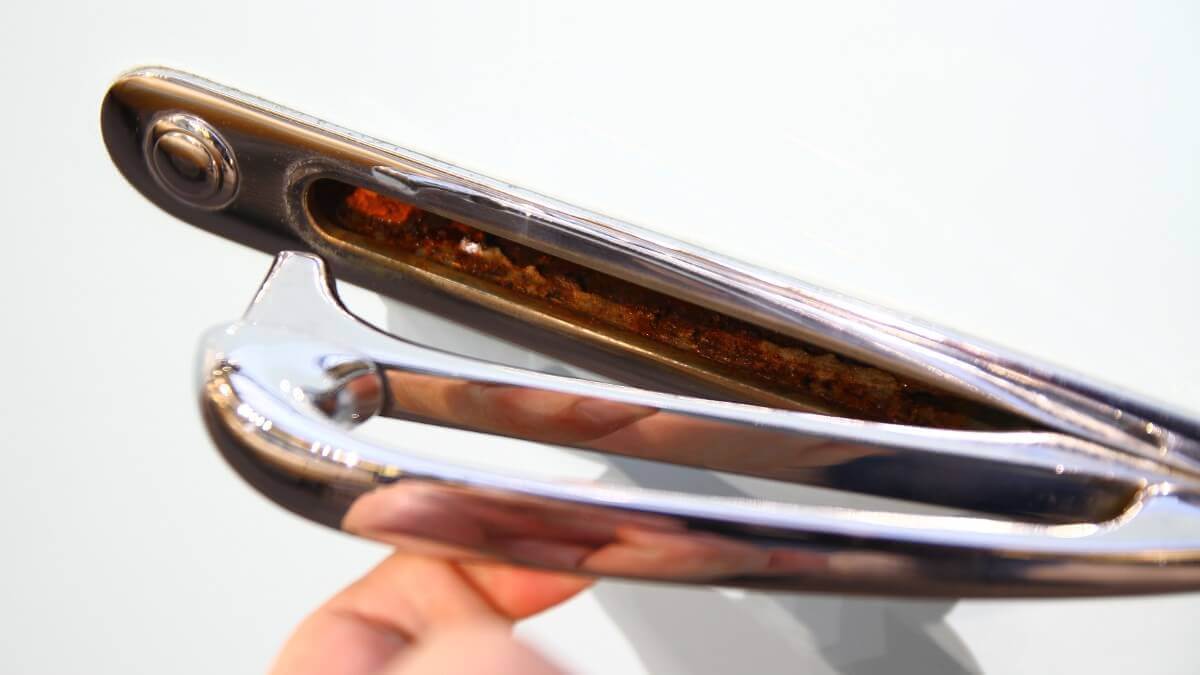

Stolen or not?
A question that can’t be answered quick: Has this car you’re looking at been stolen? Only with help from the Police, some government institutions as well as some marque historians might be of help here. If the deepness of digits and letters on the VIN plaque is changed or the font is different from original you should be aware.
Original or replica?
Some models are highly desired so there are different replicas and recreations of them around. This starts with less-accurate replicas, for example inspired by the Ferrari 250 GTO but based on a Datsun 260Z and ends with high-quality finished recreations of the Porsche 911 Carrera RS 2.7, Mercedes-Benz SSK and others. Many of them are advertised as ‘recreation’ or ‘built to specification of xyz’, but some dealers try to get more money out of them by using chassis numbers of cars that haven’t been seen for years to make those replicas ‘legal’. When you try to register those cars for the road and the original is still around, the problems just begin.
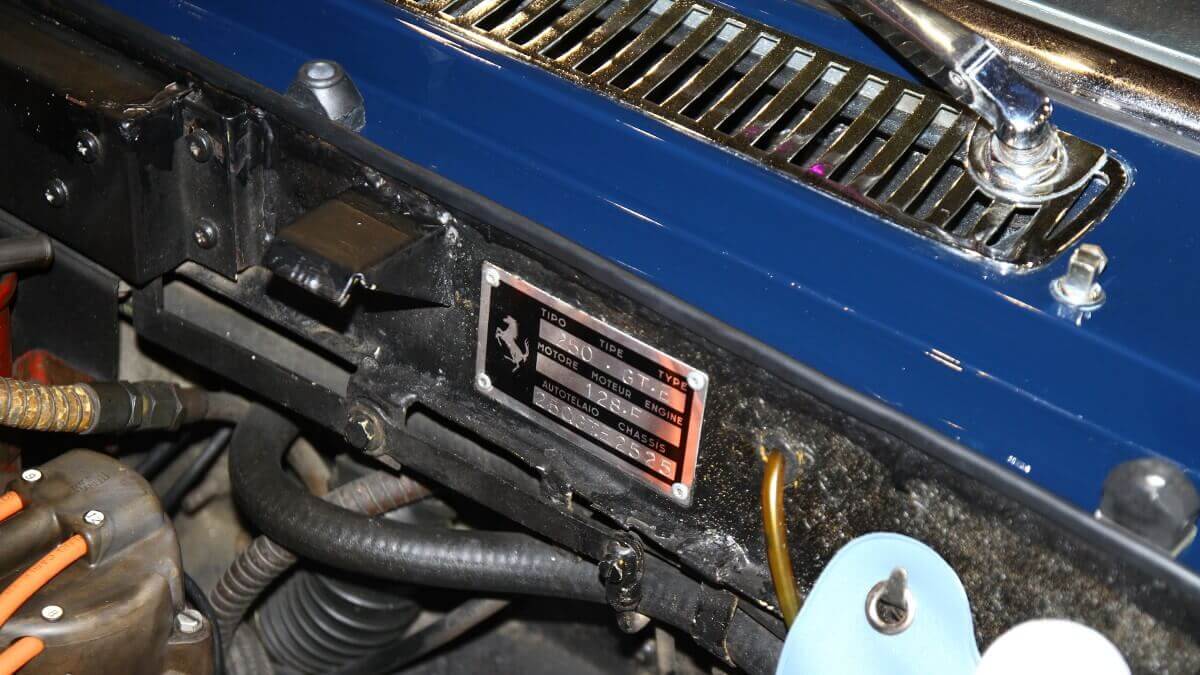

Keep away if you aren’t allowed to take a look
Ads with cars that are parked abroad and can’t be seen until the money is transferred should be closed directly – even if you have tears in your eyes because it would’ve been the dream car for dream conditions. If it seems to good to be true it often isn’t true at all.
Be cautious with money transfers
Let us say the car in question isn’t fake, is in good condition and able to document its history well, what can go wrong now? Still a lot. It starts with transferring the money to the seller. There are several tricksters, from false escrow offices to sellers with wrong identities up to criminals, that try to get your money when you arrive at the seller (in case you pay cash). So please arrive at least with a second person if you pay for example your 300 SL with all the money you put aside over years and years of save up.
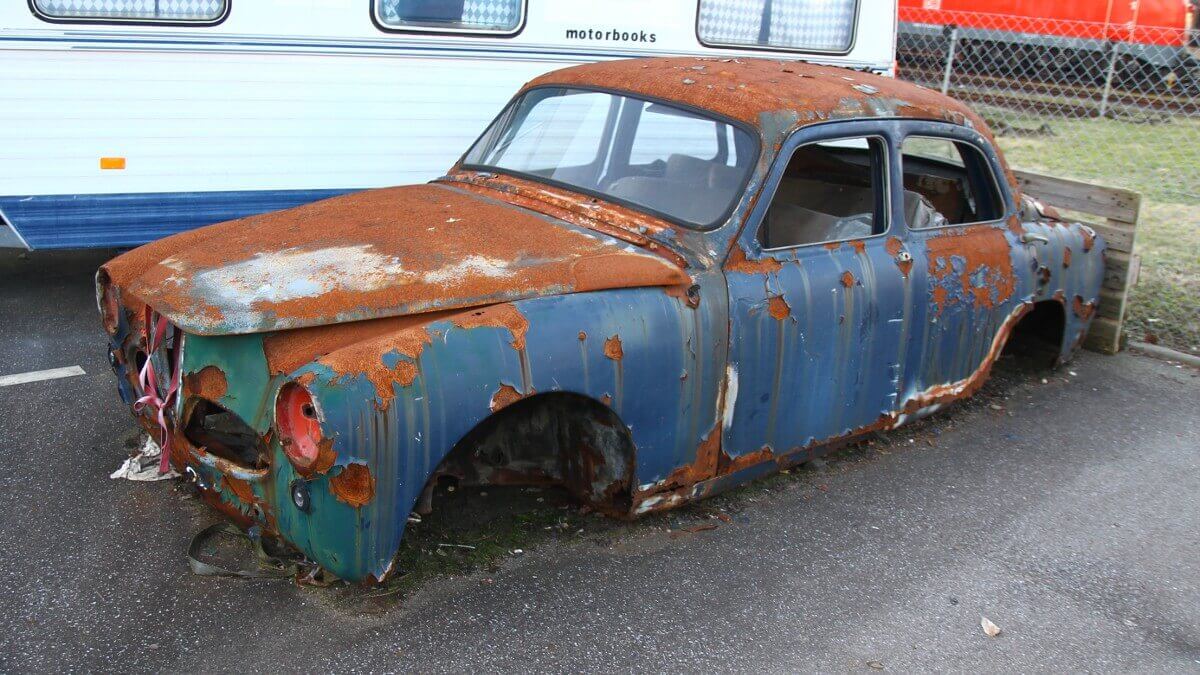

Don’t use the transportation company as depositary
If you aren’t able to transport your new car home yourself and driving isn’t a possibility either, you can use a transportation company. As everywhere there are good ones and not so good ones out there. First of all don’t use the transportation company as depositary for your money or you might end up without money and without car. Look for a company with good reputation and don’t save money on the wrong end.
Serious reports and certifications are good, but trust your nose as well
So how should you plan your purchase? Get as many information as possible about your dream car from magazines, forums and other websites. If your knowledge of cars isn’t best try searching for a club of the manufacturer or even the model in question and ask them if they can help. Also certified classic car experts often offer help and can accompany you when inspecting the car. Never let the seller put you in time pressure (“there are several customers waiting for this car”) or even through yourself (“I have to get this car before my birthday/christmas/the birth of our child…”). A quick purchase only in rarest occassions is the best possible purchase. And trust your nose: if you have doubts about the seller and/or the car it might be good to keep your fingers away. A better opportunity will most likely come around. If available some reports and certifications from organisations as TÜV, GTÜ, Dekra or FIVA might help, but they only show half of the truth.
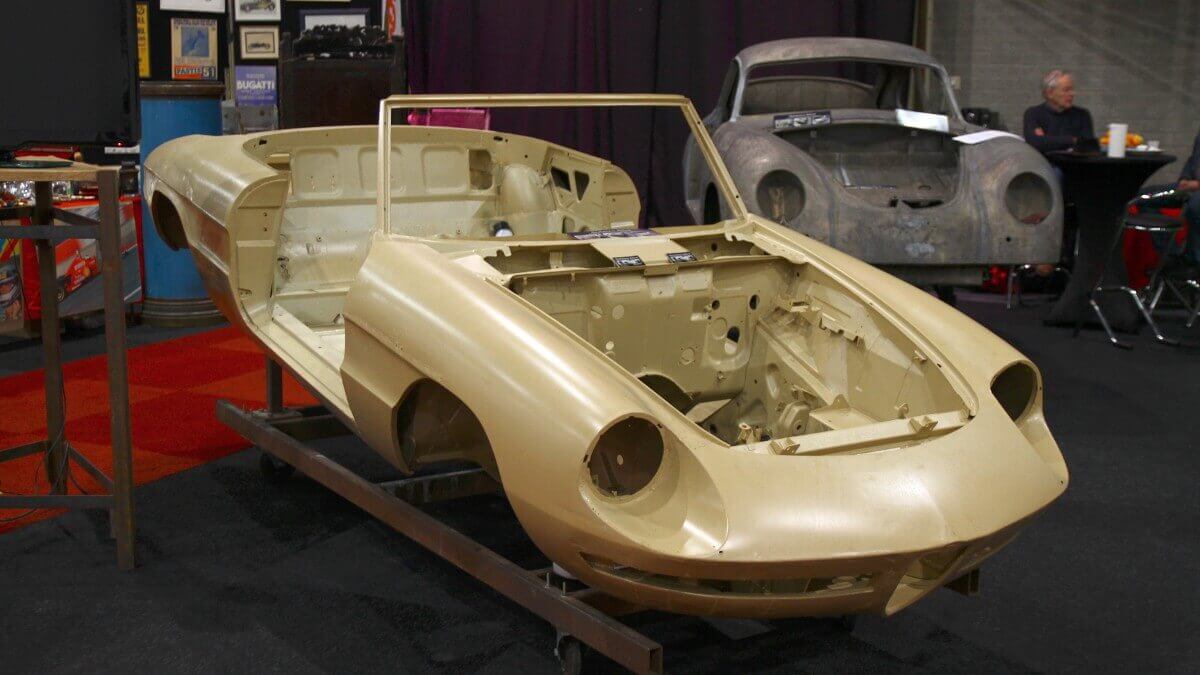

If you need support with the purchase of your dream car you can contact the team of SECRET CLASSICS. We support you and provide you with your nearest expert. Our experienced, trustworthy and international network also enables us to find your dream car in case it isn’t offered in the public. Often special cars are only available between collectors or via direct contacts. Singular you don’t might get the chance to take your hand on one of those offers.
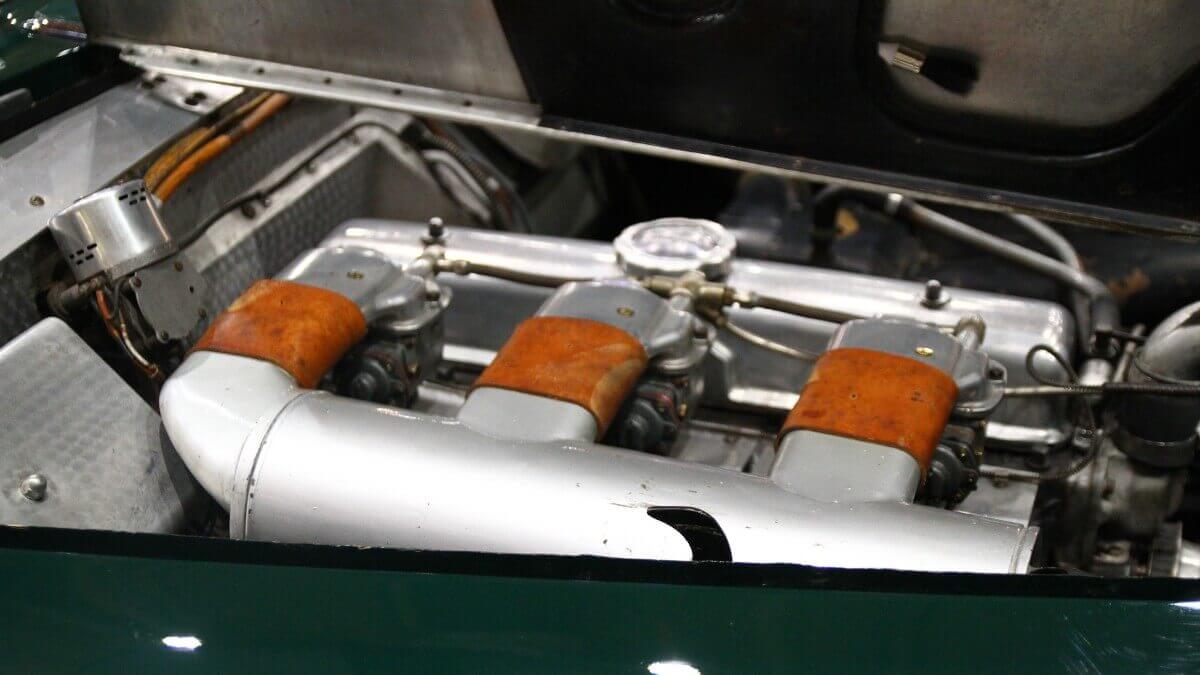

Here we give you the guide line in short:
- Check all gaps for smoothness and regularity
- Check the car for hidden accident damages
- Check the coating thickness of the bodywork
- If possible check the car on hydraulic ramps
- Check if the traces of usage are likely to fit the mileage
- In doubts check the VIN with help of the Police (car stolen?)
- With highly-popular cars let an expert check the car to not buy a replica or recreation instead of the original
- Keep away from ads with cars abroad that can’t be inspected personally
- Be aware with money transfers, use secure ways or go accompanied if you pay cash
- Don’t use the transportation company as depositary
- Trust your nose when judging the seller and/or the car
- If you’re in doubt ask an expert for help
- Never put yourself under time pressure
If you have questions or suggestions please feel free to contact us by eMail at [email protected] or [email protected].
Images: Matthias Kierse


